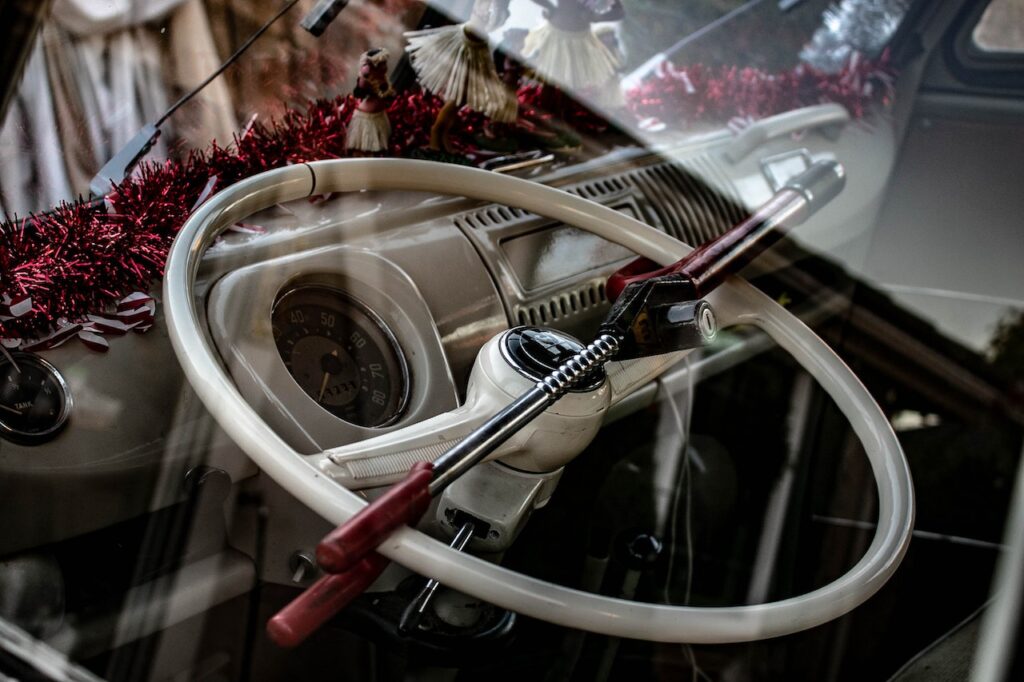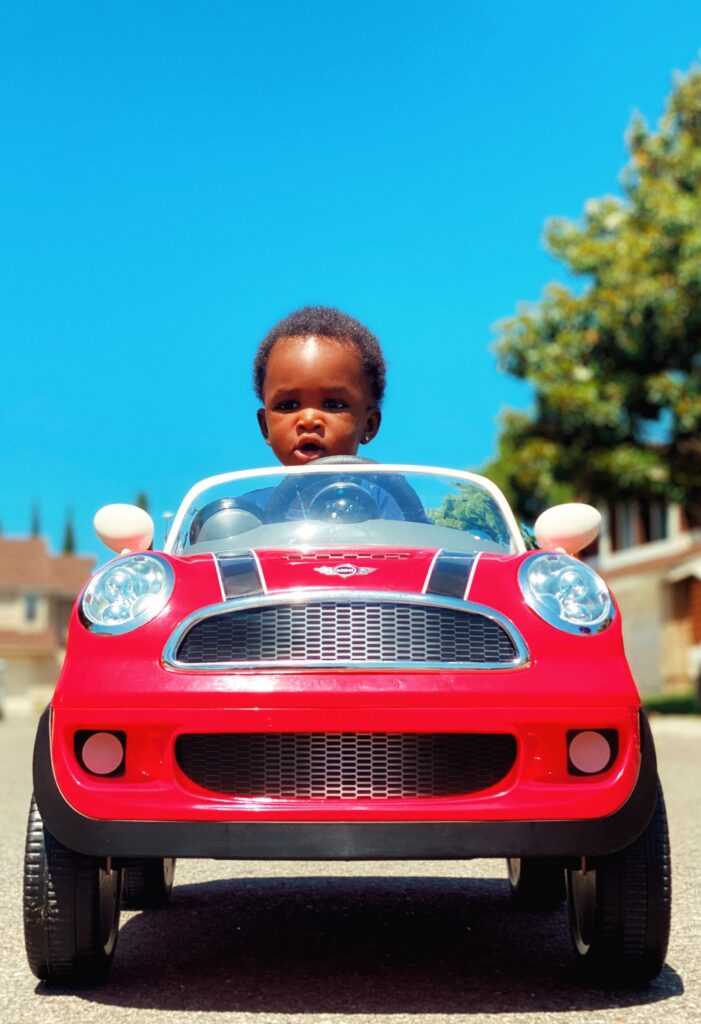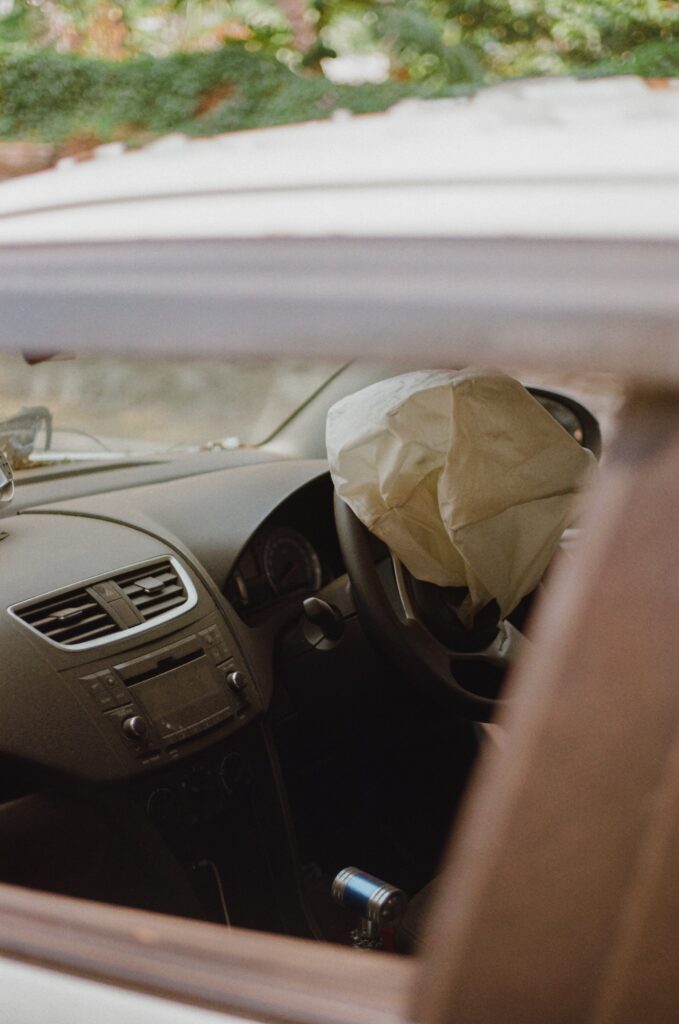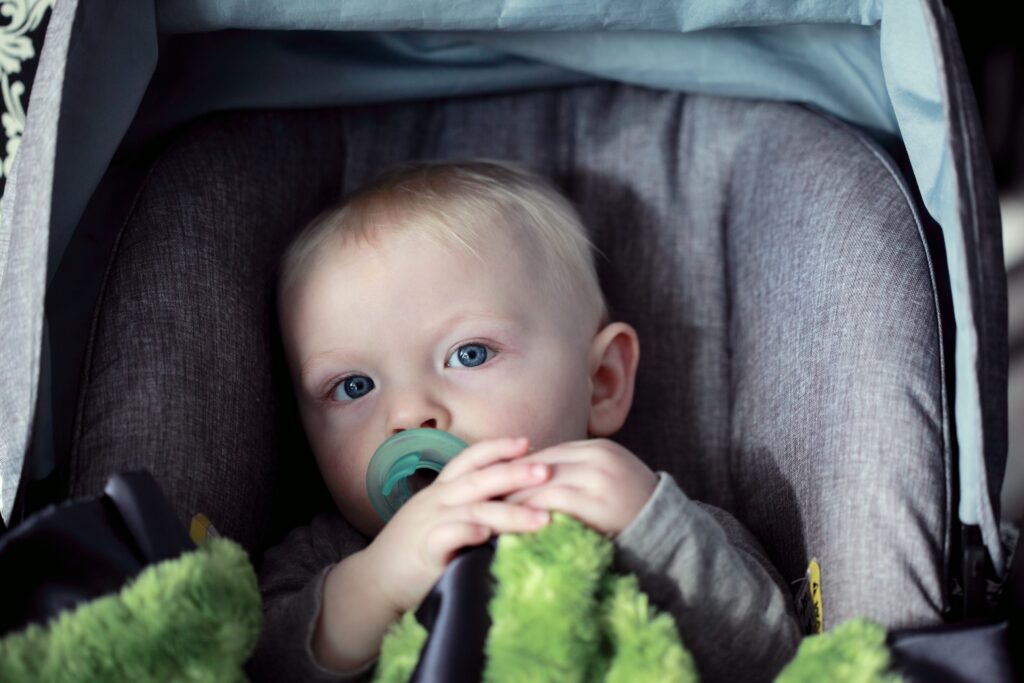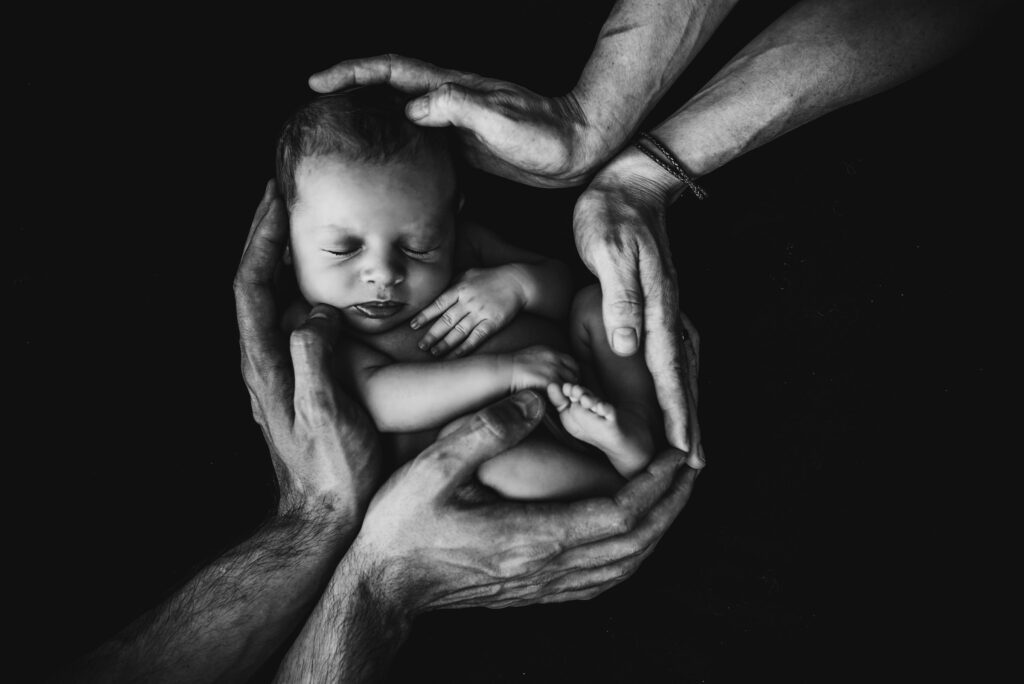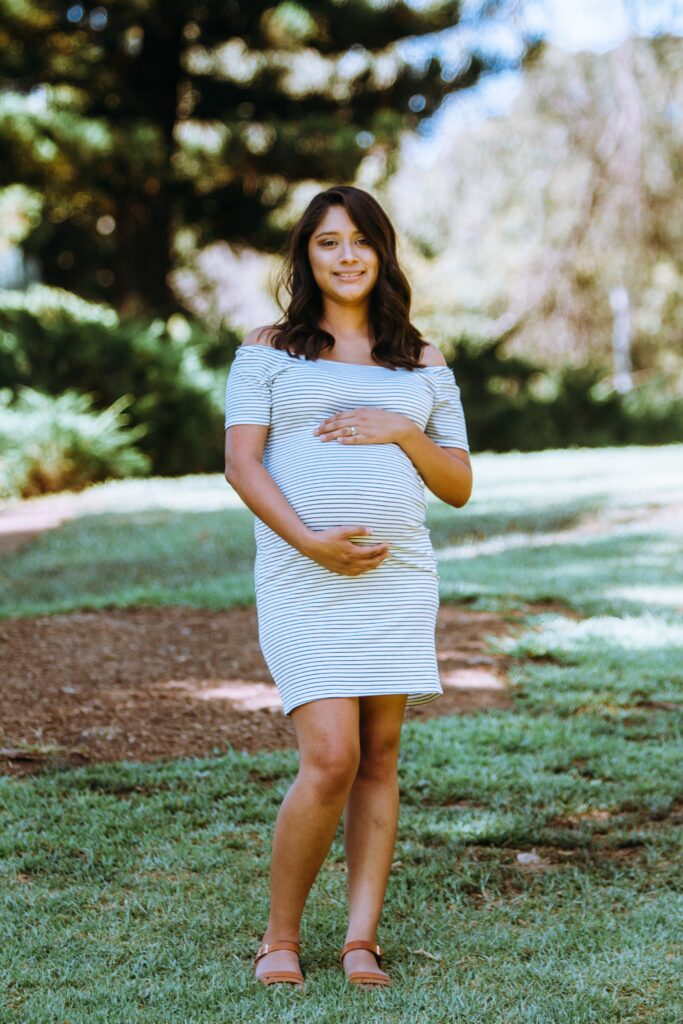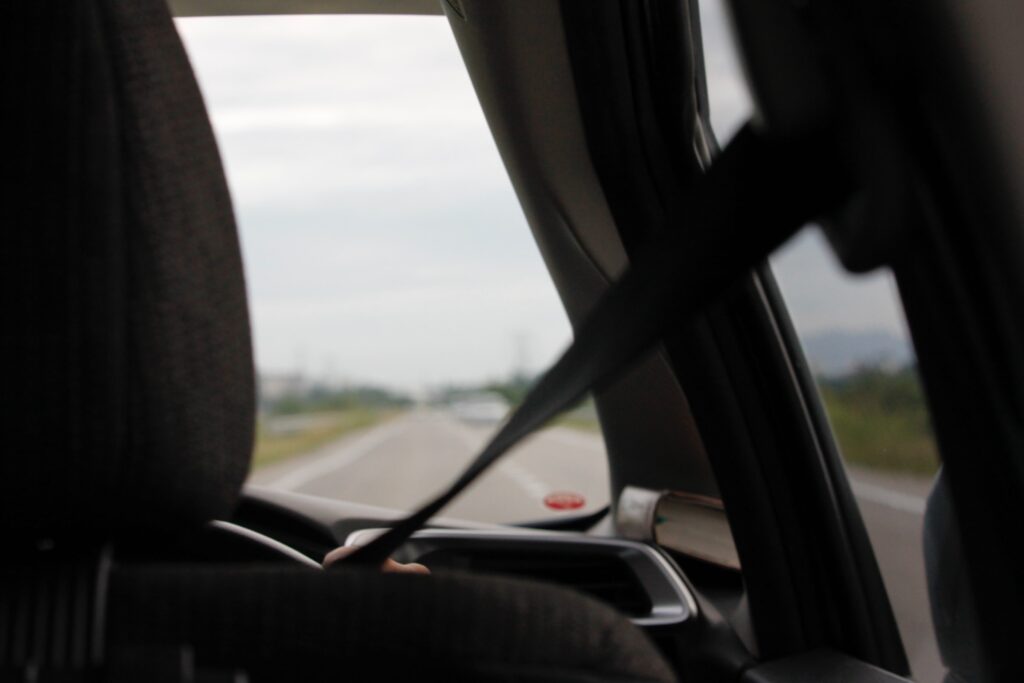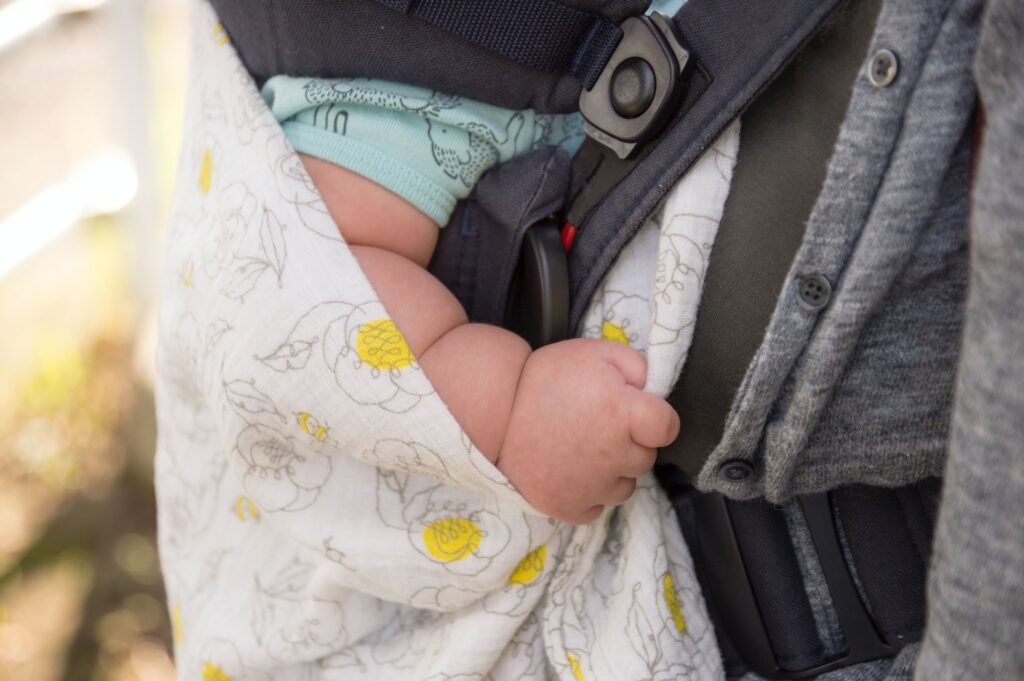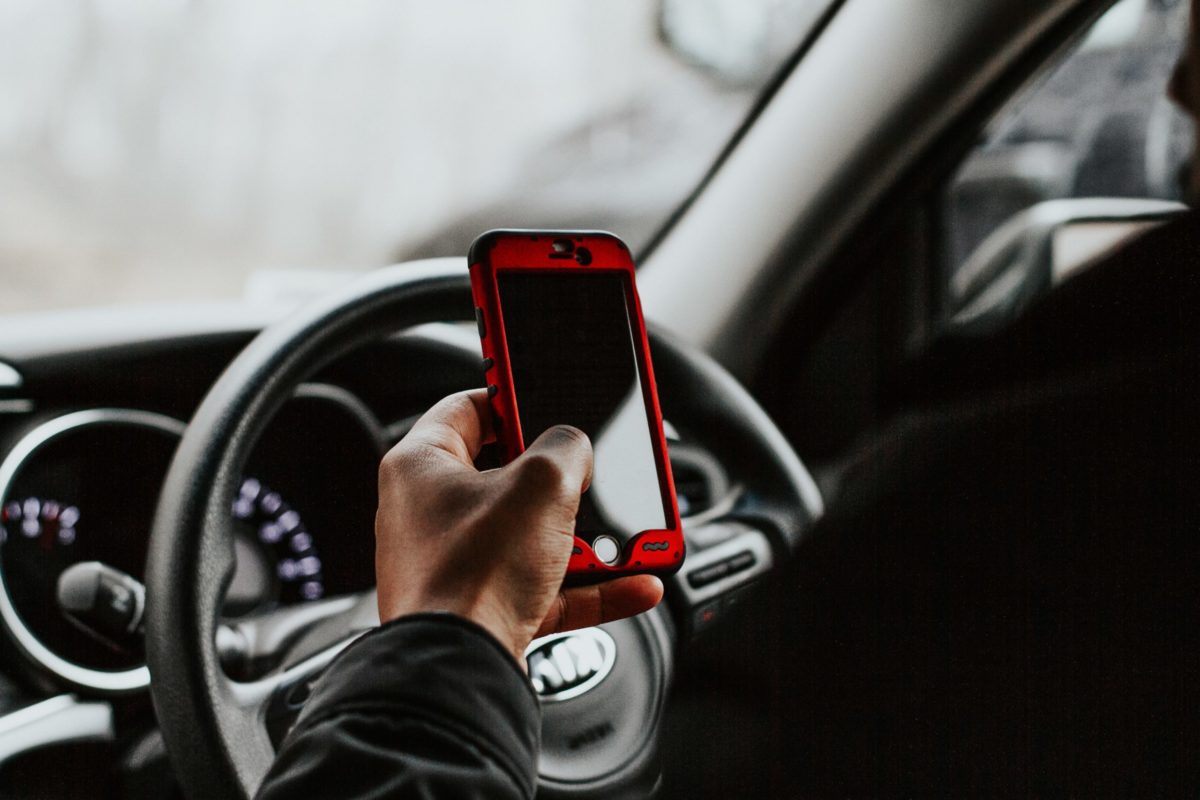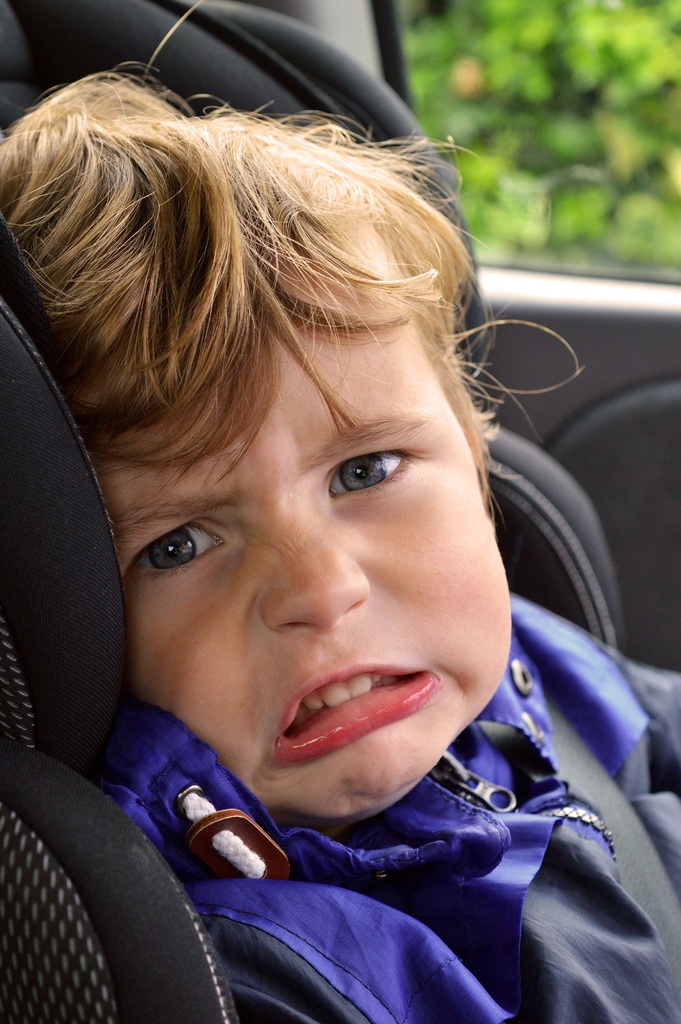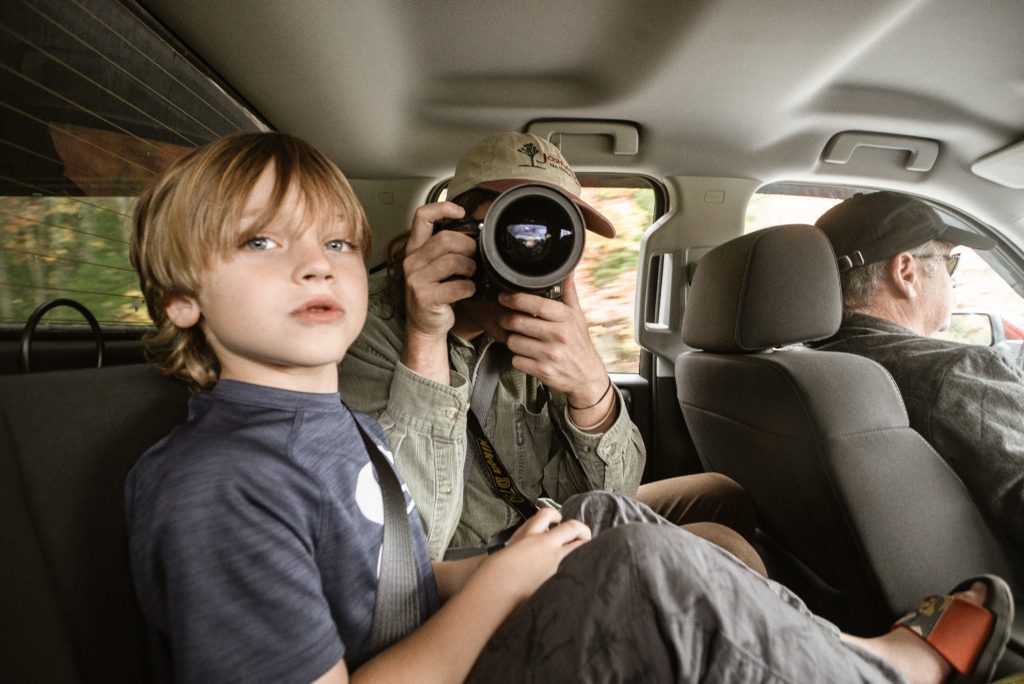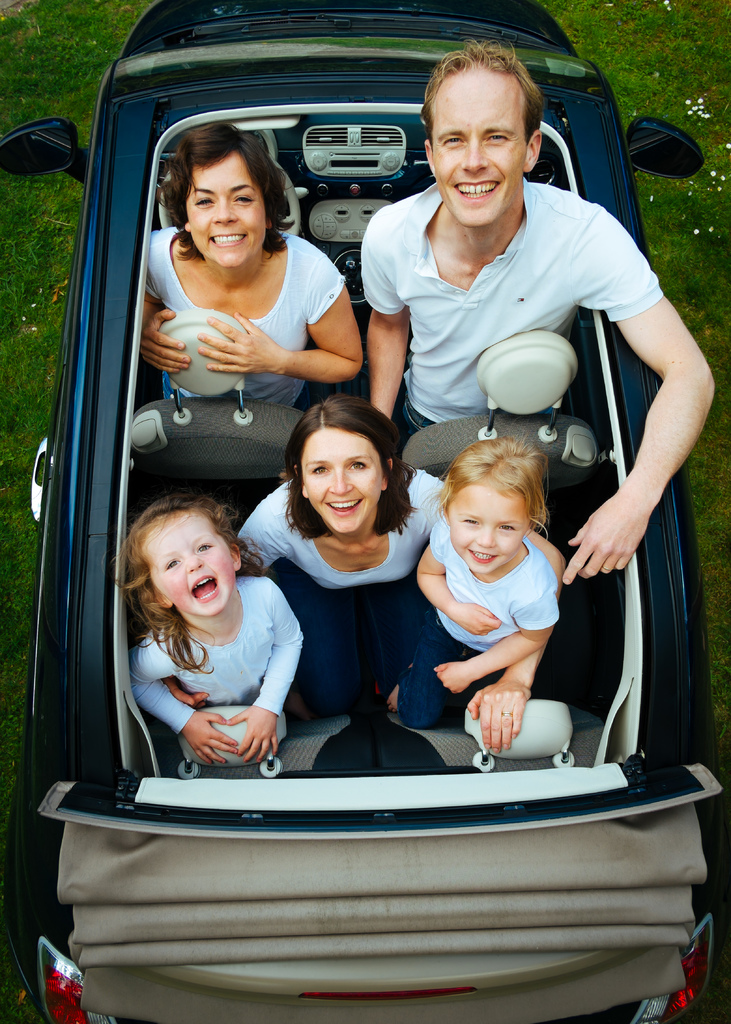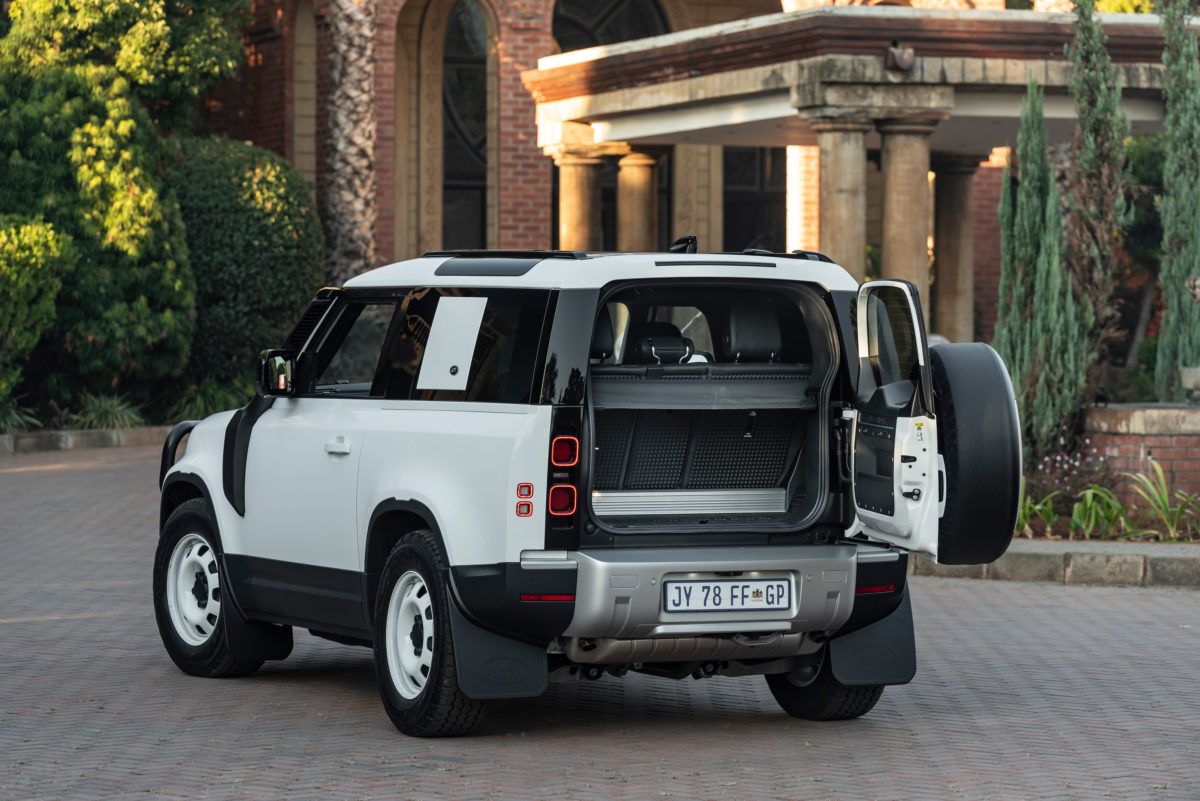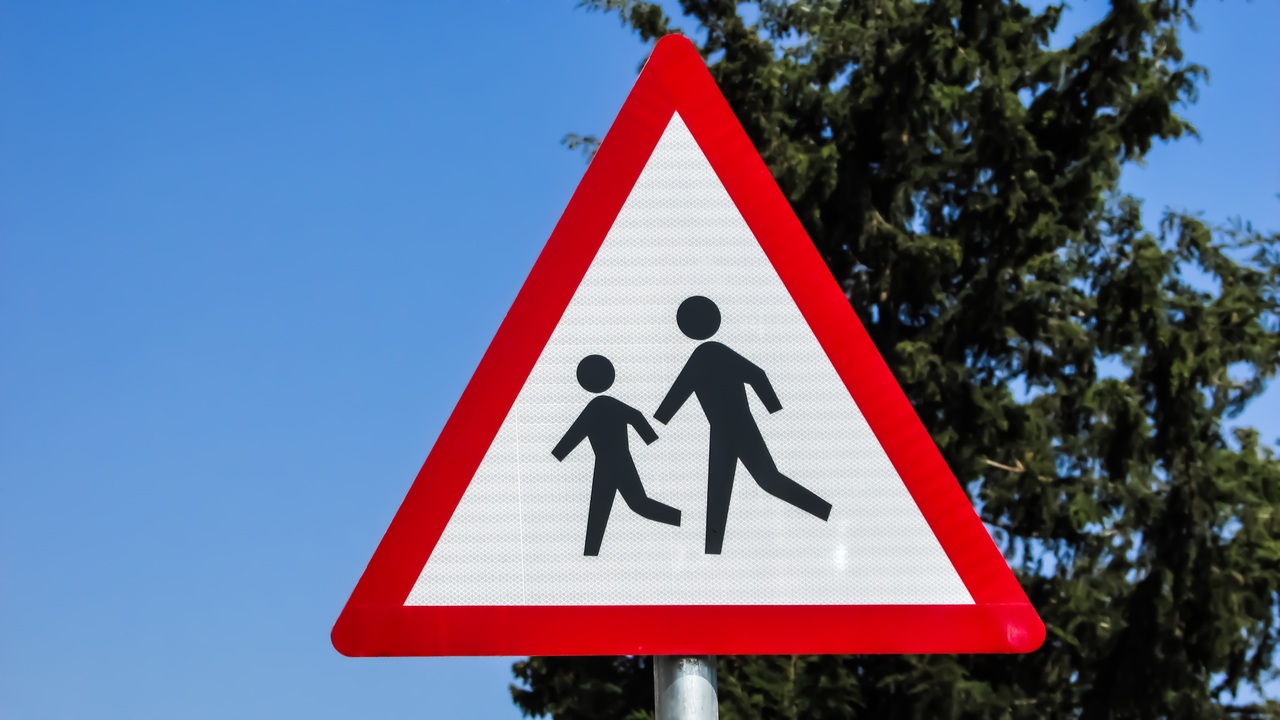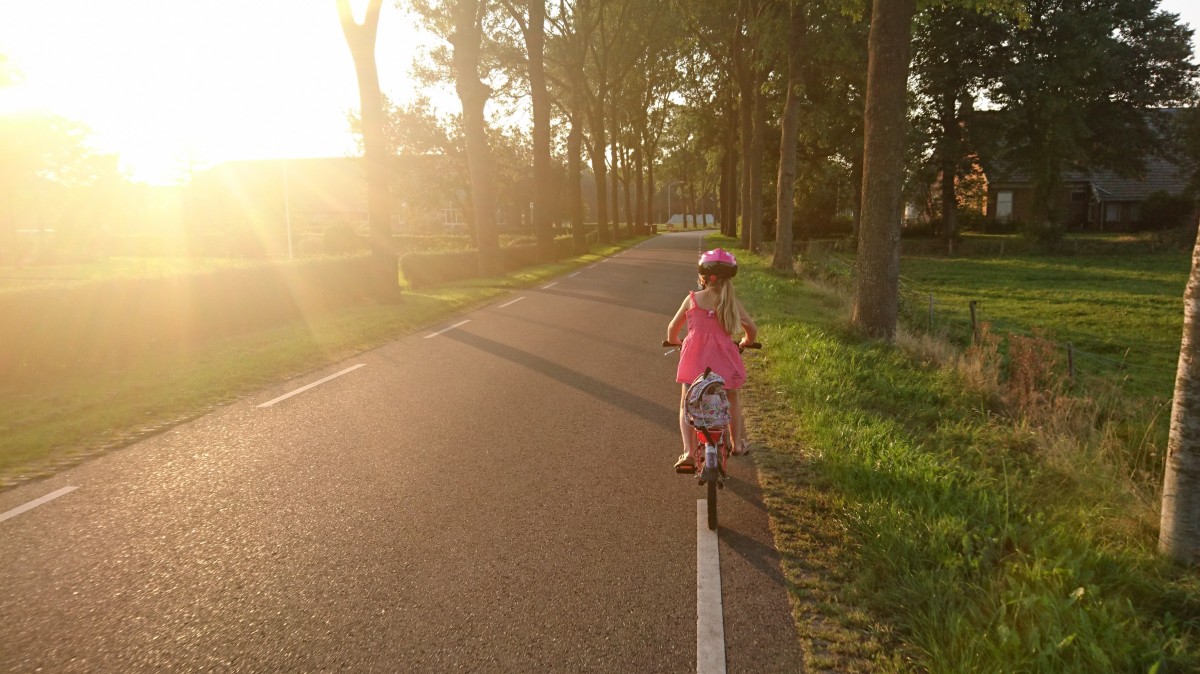6 Instances When You Shouldn’t Drive While Pregnant
Is it safe to drive during pregnancy? Most of the time, yes — but there are instances when you have to take extra precautions
Don’t Drive When …. You Have Severe Nausea
If your nausea is so bad you can’t get off the bathroom floor, you probably shouldn’t be getting into the driver’s seat. Barfing while in the car can be unpleasant but barfing while driving is pretty complicated, especially when you consider that nausea often comes with dizziness and light-headedness, which are just two more no-no’s for driving while pregnant.
Don’t Drive When …. You Can’t Get Into A Safe Seating Position
If you have to push your seat back from the steering wheel so much you can’t reach the brake pedal; or you need to tuck the shoulder belt behind you because it’s too tight across your newly endowed chest etc.
Whatever the accommodation you’re making, if your pregnancy is forcing you to drive in an unsafe position, you need to quit — at least until you can go back to sitting the way you’re supposed to.
Doing anything else increases your risk for traffic accidents, not to mention bodily injury with even normal driving, like if you need to make a sudden stop.
Don’t Drive When …. You Can’t Make Frequent Stops
Speaking of sudden stops, don’t get in the car if you won’t be able to schedule a few breaks along the way to your destination.
When you’re pregnant, you’re at a higher risk for something called deep vein thrombosis (DVT), a blood clot that often starts in the leg and can move up to your lungs, causing severe and potentially fatal consequences.
The best way to avoid a serious blood clot while driving is by doing everything possible to keep that blood flowing, and that means lots of breaks to walk and stretch. Also, you’ll need to stay hydrated, which means lots of loo breaks!
4. Don’t drive when… your pregnancy limits your movement
If you can’t turn around to see your blind spot, you’re going to have a problem which could compromise your safety.
When your belly is enormous, your back pain is raging, or you’re just too stiff and awkward to check your mirrors or rotate your upper body from side to side while driving, you should opt not to drive at all.
5. Don’t drive when… you can’t pay extra-close attention to the road
Everybody everywhere should be focusing on the road while driving, and this word of warning rings especially true when you’re pregnant because you’re already more susceptible to distractions thanks to nausea, heartburn, insomnia, aches and pains, stress, anxiety, and pregnancy brain.
And distraction makes you extra vulnerable to human error.
If you don’t trust your ability to drive like you’re pre-pregnant self, its bet to catch a ride with someone else.
Don’t Drive When … You Are In Labour
This might sound like a no-brainer, but try to avoid driving yourself to the hospital when you’re in labour! It’s just not safe: Even the mildest of contractions can escalate and intensify out of the blue, leaving you incapacitated.
Additional driving precautions
Whether you’re the driver or the passenger, getting in a car during pregnancy usually won’t harm you. You should still take some basic precautions, though, to keep yourself extra safe on the road.
- Bring snacks and drinks
Pregnancy hunger is real. You don’t want to be caught far away from home without any way to hydrate and refuel your body with.
If you’re still experiencing morning sickness, keep crackers, ginger ale, and mints — or whatever your personal nausea remedy is — in your car, as well as a stash of plastic shopping bags, tissues, and disinfecting wipes to handle any sudden-onset of the vomits.
- Turn off your cell phone (and any other sources of distraction)
Your pregnant brain is already all over the place — you don’t need anything else taking your attention off the road. Silence those texts and calls until you reach your destination.
- Always see your doctor after any traffic accident
No matter how minor the fender bender or how fine you feel afterward, call your OB-GYN or midwife and ask to be seen for an exam, just to be sure. The best-case scenario is that this ends up feeling unnecessary — but we doubt you’ll regret getting that peace of mind.
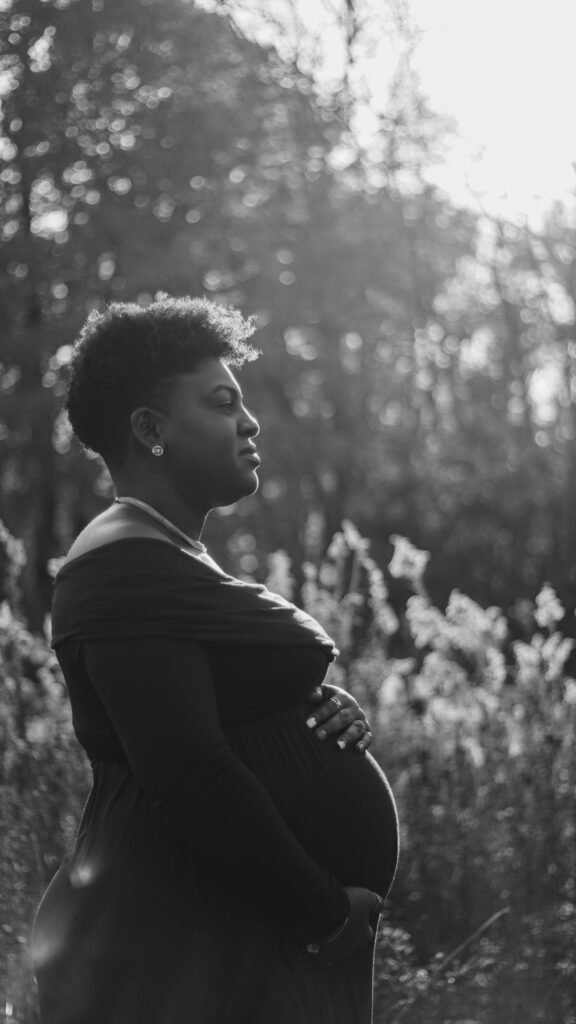
There are situations when you should let someone else get behind the wheel or skip the drive altogether. But these aren’t the norm: If you can comfortably and safely sit in the driver’s seat without worrying about distractions, sickness, or limited movement, you’re set to keep driving well into your pregnancy.





